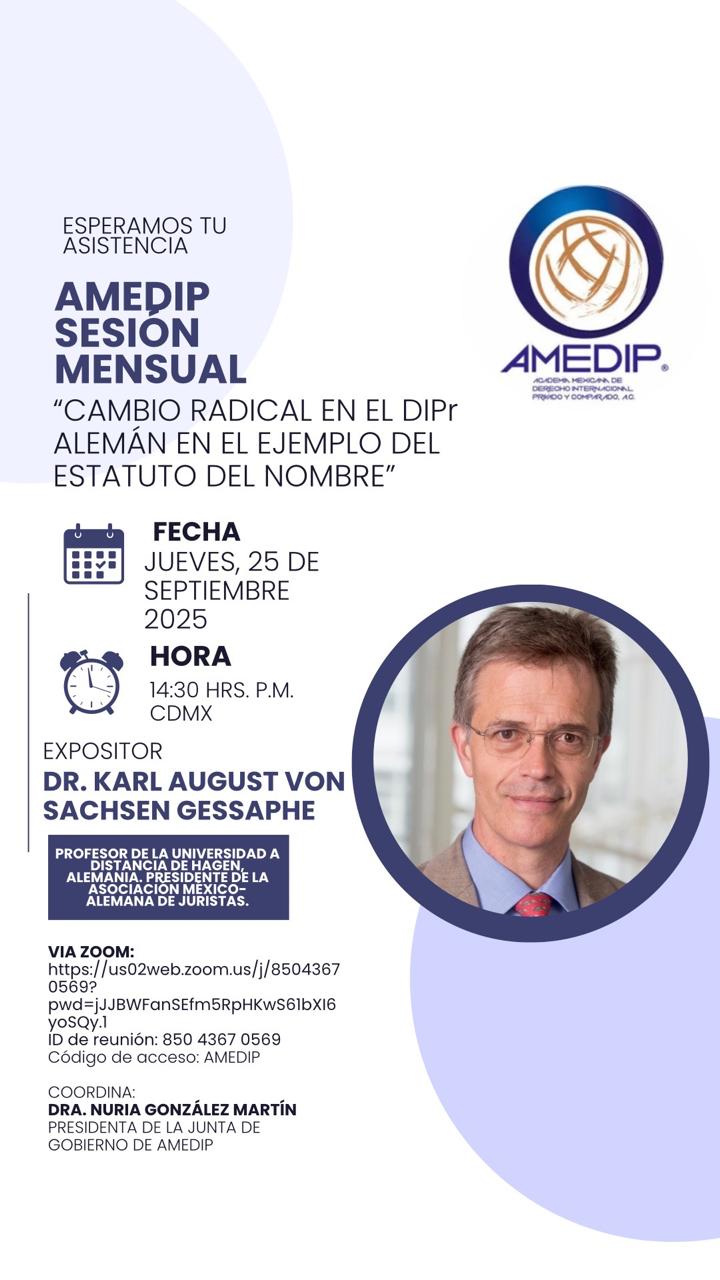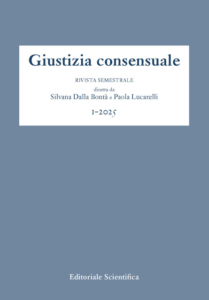Views
The Art. 2(b) CISG Conundrum: Are Tender Contracts Under the Ambit of an Auction?
Introduction
It is beyond dispute that The Convention of International Sales of Goods, 1980 (CISG) has facilitated international trade disputes. However, Courts and tribunals continue to apply their minds in adjudicating the applicability of CISG before advancing into substantive issues. This exercise is not very prolific as it prolongs proceedings. Chapter 1 of the convention lays down the scope and extent of the CISG. Amongst other things, the CISG application does not apply to contracts formed by, inter-alia, auctions under Art. 2(b) of CISG. The word auction itself is nowhere defined in the convention.
Japanese Court Enforces a Singaporean Judgment Ordering the Payment of Child Living Expenses
 I. Introduction
I. Introduction
Foreign family law decisions can be recognized, and where necessary, enforced in Japan if they meet the prescribed requirements for this purpose. Prior to 2018, it was an establish practice to apply the same recognition and enforcement regime used for civil and commercial matters to foreign family law decisions. However, discussions existed in literature regarding whether constitutive family law judgments and decrees should be recognized following the choice of law approach, or whether the specific characteristics of foreign family law decisions might justify exceptions, such as the non-application of certain recognition requirements (see Mario Takeshita, “The Recognition of Foreign Judgments by Japanese Courts” 39 Japanese Annual of International Law (1996) 59-61). Read more
The Development of forum non conveniens in the Chinese Law and Practice
by Arvin LUO Fuzhong, Doctoral Candidate at Tsinghua University, Visiting Research Associate at HKU, LL.M. (Cornell), Bachelor of Laws (ZUEL).*
The doctrine of forum non conveniens is an important principle in civil procedure laws and frequently applied by courts in many legal systems, especially those of common law countries. According to this principle, when courts exercise their discretionary power to determine whether to exercise jurisdiction over the factual circumstances of a case, they primarily consider issues of efficiency and fairness to find the most appropriate forum to settle the dispute. If the acceptance of a case would lead to inefficient outcomes and consequences that are contrary to justice, the court may refuse to exercise jurisdiction on the grounds that it is not the appropriate forum.
Unrealized by many international scholars and practitioners,[1] China has been adopting (formally or informally) the doctrine of forum non conveniens for more than 30 years, first through a few court judgments, then provided in judicial interpretations issued by the Supreme People’s Court of PRC (“SPC”), which is binding for all Chinese courts, and finalized in the 2024 Civil Procedure Law of PRC. This article introduces the history of Chinese law adopting the doctrine of forum non conveniens in the past years, and the development of China’s law revision in 2023. Read more
News
AMEDIP’s upcoming webinar: A radical change in German Private International Law, the example of the naming law (in Spanish)

The Mexican Academy of Private International and Comparative Law (AMEDIP) is holding a webinar on Thursday 25 September 2025 at 14:30 (Mexico City time – CST), 22:30 (CEST time). The topic of the webinar is: A radical change in German Private International Law, the example of the naming law, which will be presented by Prof. Dr. Karl August von Sachsen Gessaphe (in Spanish).
Giustizia consensuale No 1/2025: Abstracts
 The first issue of 2025 of Giustizia consensuale (published by Editoriale Scientifica) has been released, and it features:
The first issue of 2025 of Giustizia consensuale (published by Editoriale Scientifica) has been released, and it features:
Cesare Cavallini (Professor at Bocconi University, Milan), L’arbitrato come processo e giustizia consensuale (Arbitration as a Process and Consensual Justice; in Italian).
The essay aims to analyze the phenomenon of private autonomy and consensual justice in arbitration as it has evolved through various reforms. The goal is to highlight arbitration as a process and a form of consensual justice that is alternative yet distinct from ordinary judicial proceedings and fully aligned with constitutional principles. This objective becomes even more significant when compared to the very different and controversial issues discussed in American legal doctrine, which instead point to an unceasing erosion of rights through a blending of public interferences in arbitration and private ones in ordinary justice, raising concerns about the legitimacy of private autonomy within the framework of civil protections under constitutional scrutiny. Read more
Call for abstracts on the Succession Regulation (EU) 650/2012
The private international law experts from the University Rovira i Virgili (URV-Tarragona) and the University of Lleida (UdL) together with the Notarial Association of Catalonia, are organizing I INTERNATIONAL CONFERENCE ON THE REVIEW OF REGULATION (EU) 650/2012 AFTER TEN YEARS OF APPLICATION.
– The deadline for receiving abstracts has been extended until 29 September 29 2025.
– The scientific committee will decide on the acceptance on 14 October 2025.
– The conference will take place in Barcelona, on 11 and 12 of November 2025.
The call is open for any of the main thematic areas: scope, definitions, jurisdiction, applicable law, recognition, enforceability and enforcement of decisions and documents, the European Certificate of Succession and other complementary provisions. Communications accepted will be presented in person during the seminar for approximately five or seven minutes each. Applications to present a communication proposal must meet the following requirements: identification of the author and his/her academic category, the subject to which the paper belongs, the title of the communication, an abstract of the communication, which should be between 300 and 500 words in length.
The application should be sent to: reglamentosucesiones@urv.cat
Communications will be selected according to their relevance in terms of the chosen thematic area; quality in the treatment of the topic and originality.
This Conference is part of the research project: “The review of Regulation 650/2012, in matters of succession: application assessment and proposals for amendments”, which is funded by the Spanish Ministry of Science, Innovation and Universities (reference PID2023-149454NB-I00). The duration of the project is four years (2024-2028) and this Conference is the first international scientific meeting planned among the project activities.
More information i available at the official web page.



